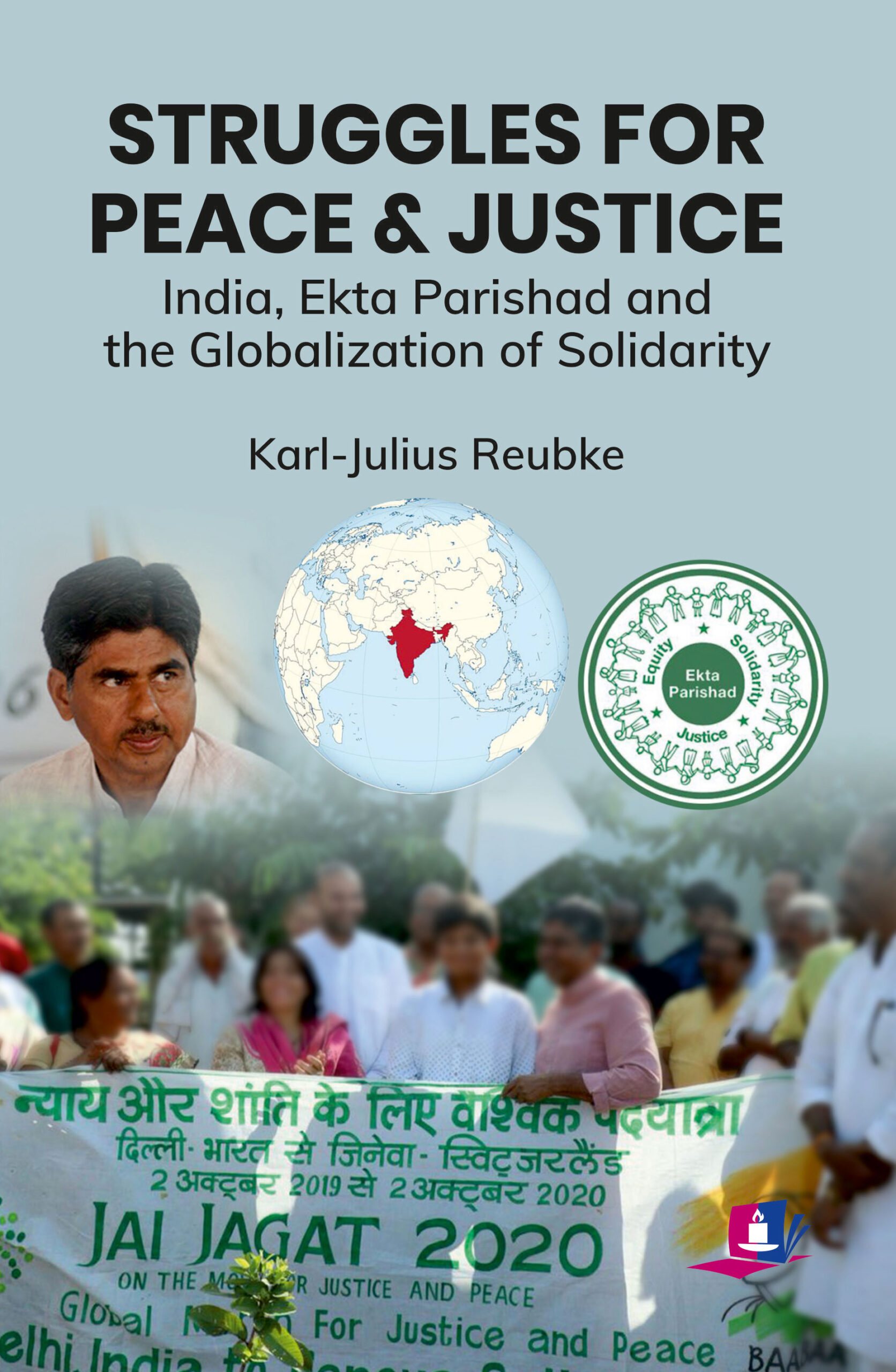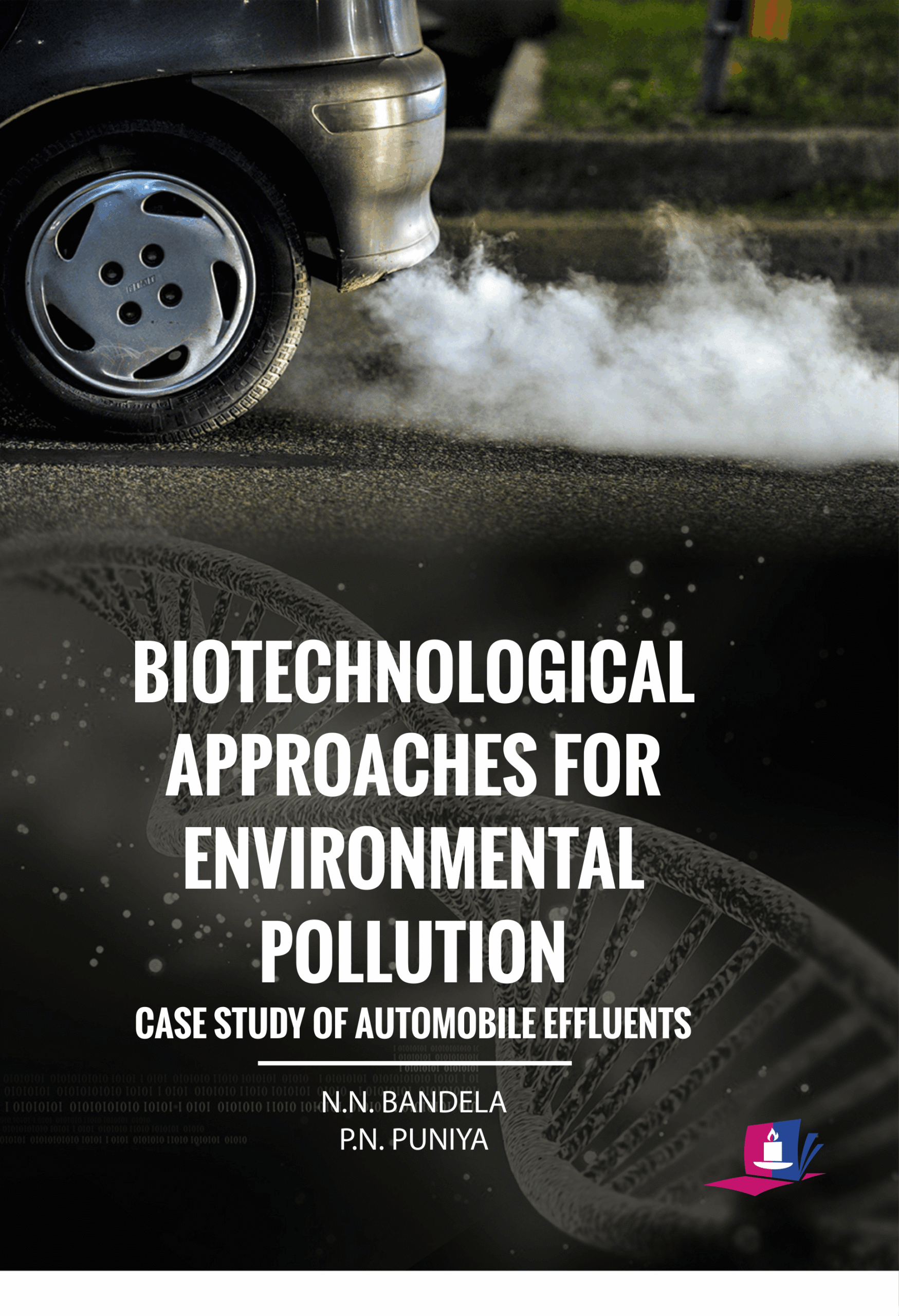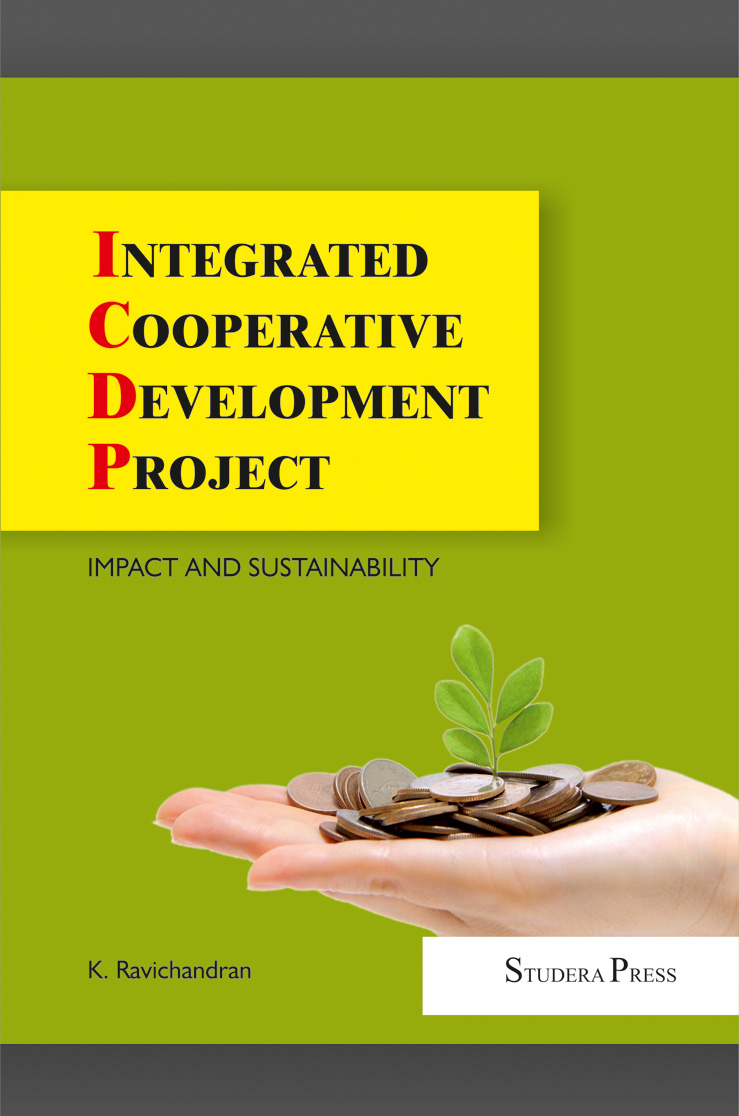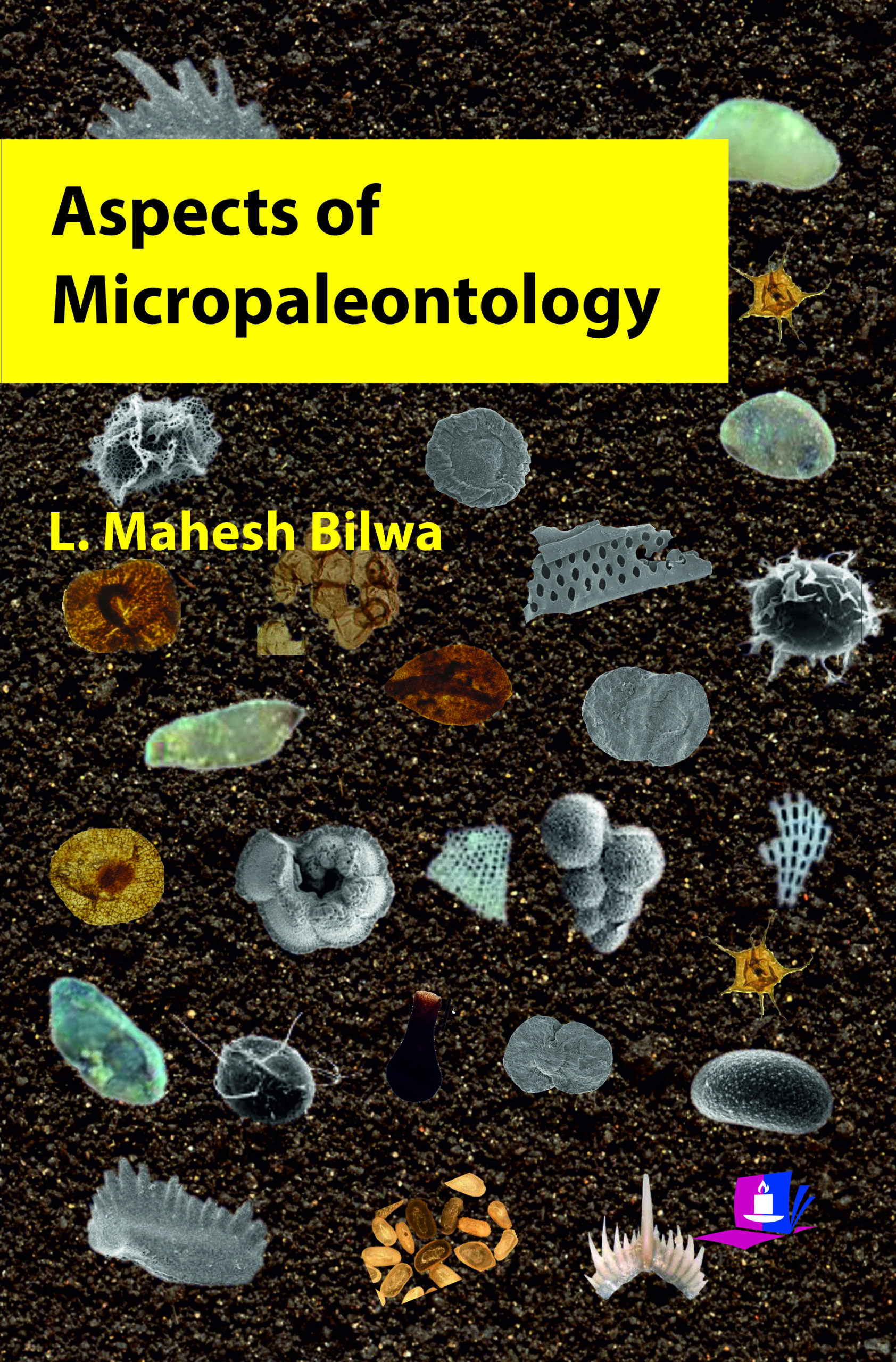
Struggles for Peace and Justice: India, Ekta Parishad and the Globalization of Solidarity
Karl-Julius Reubke
This work by Karl-Julius Reubke embodies labours of experience and reflection spanning almost 20 years. It is rich with many kinds of detail but above all Reubke’s work accomplishes something the late German philosopher Hans-Georg Gadamer called a “Horizontverschmelzung”, a merging of horizons in service of an act of understanding.
Price :
₹
2995.00
ISBN :
9789385883637
Published :
2020
Pages :
xxii+662
Size :
6*9
Binding :
Paperback
Download PDF
This work by Karl-Julius Reubke embodies labours of experience and reflection spanning almost 20 years. It is rich with many kinds of detail but above all Reubke’s work accomplishes something the late German philosopher Hans-Georg Gadamer called a Horizontverschmelzung, a merging of horizons in service of an act of understanding. Reubke, a German himself, a former chemist, a follower of Rudolph Steiner, a self-taught Sanskrit scholar and translator of ancient texts, sympathetically merges those horizons with an equally complex set of horizons arising from India: the post-colonial search for a coherent tradition in one of the oldest civilizations, the emergence of early modern spiritual and nationalist thinking, the complex challenges posed by Gandhi’s ethico-spiritual vision, and then finally, from the contemporary India driven and riven by the forces of globalization, the horizon of a civil/social movement inspired by Gandhi and Vinobha, namely Ekta Parishad. Reubke describes this movement, inspired and led by PV Rajagopal from the inside with a personal touch and a uncannily reflective eye. His account of Rajagopal’s work of empowerment among the most outcaste of citizens is clear and inspiring. All of this is an accomplishment of some note and worthy of our attention especially as we now turn to confront how we as people of the planet will face the ecological disaster our way of living has created. This too is a task of “comprehension” which Hannah Arendt described as the work of “the unpremeditated facing up to, and resisting of, reality—whatever it may be.”
-Paul Schwartzentruber, Independent Scholar and Activist, Halifax, Canada
Struggles for Peace and Justice explores the urgently needed nonviolent mobilization of the masses by focusing on Mahatma Gandhi’s message for building a movement of nonviolent satyagraha and other resistance and especially on P.V. Rajagopal’s nonviolent Gandhian movement of Ekta Parishad. This book is invaluable in challenging us to develop nonviolent mass movements addressing the needs of those who are oppressed and suffering the most, the impoverished, the exploited, those thrown off their lands, adivasis, women, and why such movements are necessary for greater peace and justice.
-Douglas Allen, Professor of Philosophy, The University of Maine, USA
Ekta Parishad is a movement that deploys non-violent Gandhian strategies in fighting for the land, forest, and livelihood rights of the marginalised in India. This brilliant book, the first major scholarly study of Ekta Parishad, demonstrates how rights-based mass mobilisations in contemporary India adapt Gandhian ideas in their struggle for justice and in negotiating state politics and policies, with grit and compassion.
-Arnab Roy Chowdhury, Assistant Professor, Higher School of Economics (HSE), Moscow
If you wish to know what Satyagraha is all about, read this candid, reflective account of the struggle for freedom and justice Gandhi and his contemporaries waged during the twentieth century and P V Rajagopal and Ekta Parishad have been engaged in during the 21st. Extremely timely and morally challenging.
-Manoranjan Mohanty, Former Professor of Political Science, University of Delhi and Vice-President, Council for Social Development, New Delhi
This impressive volume addresses the topic, which is possibly the most important of our time: global solidarity. And it does so from the perspective of the global South, drawing especially on Gandhi and Ekta Parishad. The result is a very unique combination of scholarship and vision for the future that is a must-read for all students of India and Indian thought but also for those looking for inspiration in the times of global crisis and the return of nationalisms and fascisms.
– Boike Rehbein, Professor, Humbolt University, Berlin.
Karl-Julius Reubke was born just before the outbreak of World War II. Belonging to the generation of “Kriegskinder” his childhood and primary education was not straight forward and made him a convinced pacifist. Out of the two main objects of Interest, natural science and epistemology or languages, he chose the first for a profession cultivating the second all through his career as a research chemist. Since 1975 India has become one of his main themes of interest. He is a voracious reader. After retirement he turned to writing, teaching and travelling, mainly to India and Thailand. Since he met P.V. Rajagopal in 2001, he followed closely all the moves and developments of the Ekta Parishad movement.
Related Books
Lorem ipsum dolor sit amet, consectetur adipiscing elit. Ut elit tellus, luctus nec ullamcorper mattis, pulvinar dapibus leo.




